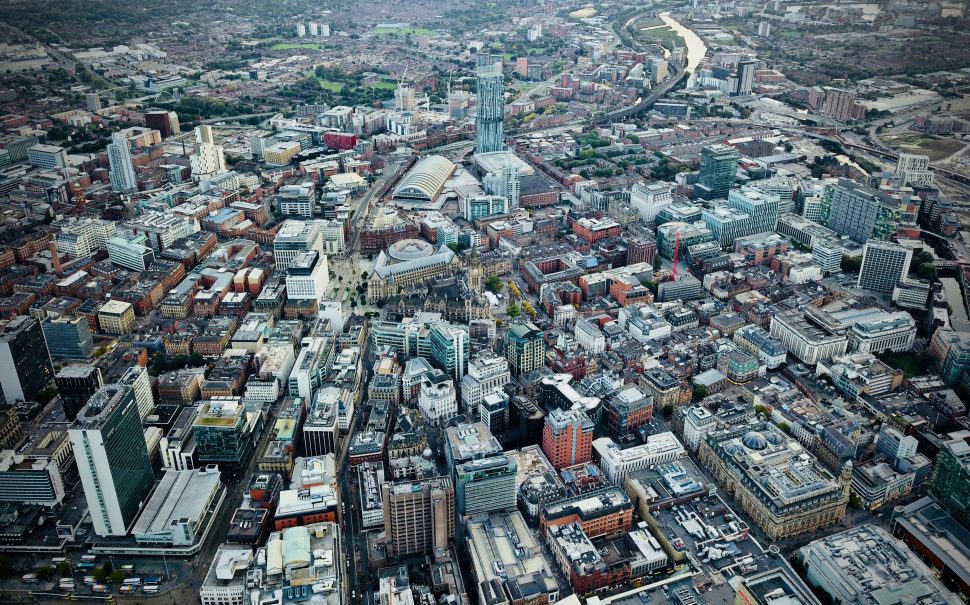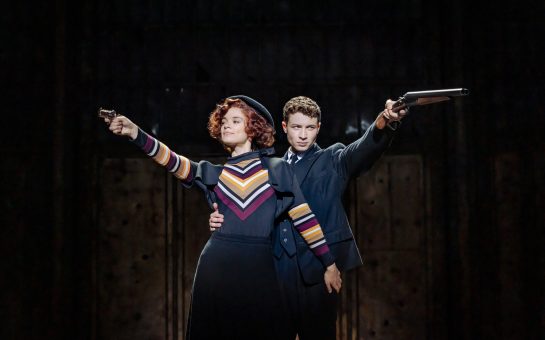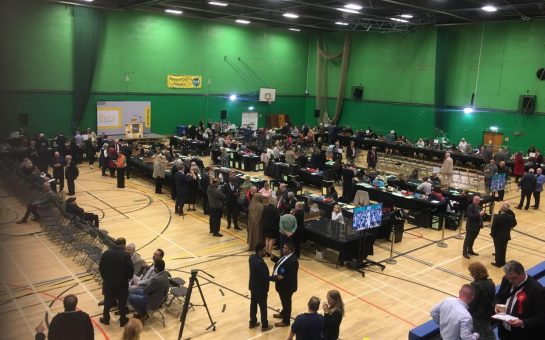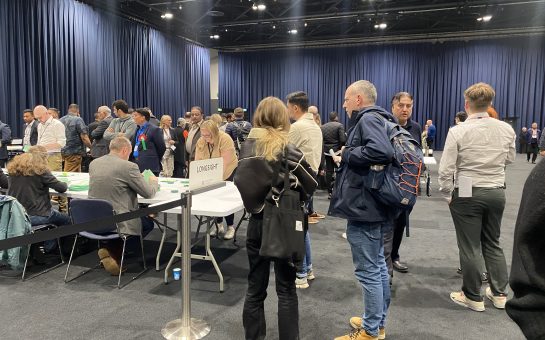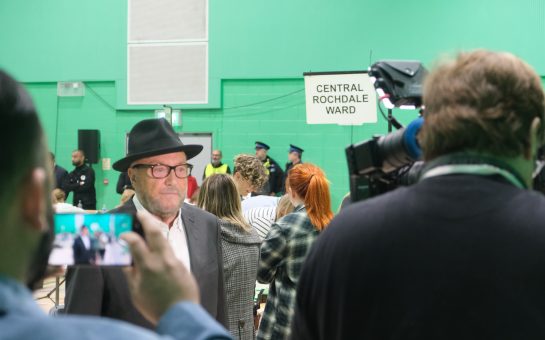Campaign flyers clogging up the letter box, community posters and mysterious poll card arrivals – local elections announce themselves in a whirlwind paper trail. But what are they actually all about?
Mancunian Matters has put together a full guide with everything you need to know about local elections, before the whole of Greater Manchester heads to the polls on 4 May.
What are local elections?
Local elections are a chance to vote for representatives for your neighbourhood – or ‘ward’.
The candidates who win the most votes in each ward will form the local council of your borough. The council then collectively make decisions about how the services in your region are run.
What does that look like for Greater Manchester?
Each of Greater Manchester’s ten boroughs are made up of a number of different wards. For example, Altrincham is one of Trafford’s 21 wards.
Wards are represented by three councillors. In some boroughs (like Bolton and Oldham), wards will vote in all their councillors at once this election. In others (like Salford), only a third of council positions are up for grabs this year, meaning only one candidate can be voted in.
So the number of candidates you can vote for will vary depending on where you live.
So, how does it all work?
Residents of a ward are given a list of candidates from different political parties – and some independent candidates.
The winning candidates from each ward become councillors. And the party with the most councillors forms a cabinet who lead the council.
Like national governments, local authorities can also create a coalition cabinet if there’s “No Overall Control” by one party.
Does that mean one party runs my council?
Basically, yes.
Though there are still councillors from other parties who can raise issues in meetings. Going into this election, Oldham Council is led by Labour but has councillors from five different parties as well as two independents.
Most Greater Manchester councils have been historically led by Labour.
But then how are they different from general elections?
In many ways, they’re quite similar.
When you vote in a general election, you elect a member of Parliament from a particular political party for your constituency. The party with the most elected MPs forms a government in Westminster.
Local elections are just on a smaller scale: instead of choosing the party that runs the country, councils make decisions about local issues. And instead of electing an MP, you’re electing councillors.
So… what do councillors even do?
Councillors discuss and vote on policies for the local area. They make decisions about your neighbourhood including housing, social services, bins, local parks and libraries.
They’re not as powerful as the government and have to operate within the priorities and budgets set out by the top, but they do have a real impact on the day-to-day lives of their residents.
The job is unsalaried, though councillors do receive an allowance of around £10,791 per year, and there are extra allowances for members with ‘special responsibilities’. For example, the City Mayor of Salford receives £71,828.97 a year.
Can anyone vote?
Anyone who registered to vote for the area they live in before 13 April is allowed to vote, so long as they are over 18 and have a British, Irish, EU or eligible Commonwealth passport.
Since last year, it is now necessary to bring a valid ID to the polling station on the day of the vote. They’ll accept driver’s licences and PASS cards, but not student IDs.
When do the elections happen?
Local elections happen on a four-year cycle. Some boroughs elect all of their councils every four years, while others elect a third of their council each year for three years and then take a year’s break.
They take place on the first Thursday in May, so this year’s will be on the fourth.
How do I vote for a candidate?
Many of the candidates will hand out leaflets before the election to give you an idea of what they stand for. There are also tools like Who Can I Vote For? to find out more about the candidates for your area.
On the day of the election, you’ll visit a polling station, carrying a form of ID and be given a piece of paper with the names and parties of the candidates. You vote for the candidate by putting an ‘X’ in the box behind their name.
Is it linked to Westminster?
Yes and no. Who you vote in as your local councillor won’t directly change who is in government at a national level.
But local elections are often used to gauge which way the political winds are blowing. If a party does well in council elections, it could indicate that they’ll do well in a general election in that area – or that people in the area are unhappy with the government of the day.
Why should I care?
Turn-outs at local elections tend to be low. The national average is under 40 percent. At last year’s local election, only one in five people made it to a polling station in the city of Manchester.
But local elections can have a significant impact on what it’s like to live in your area. They’re a chance to highlight problems in your neighbourhood.
On top of that, by voting for a local councillor, you are indirectly voting for Andy Burnham’s cabinet.
The council leaders from each of the ten boroughs make up the Greater Manchester Combined Authority (GMCA) under Burnham, who is the mayor. The GMCA benefits from powers and funding devolved from central government – meaning they have much more independence to pursue different policies and projects for the region.
So, if you want a say in the future of this city, dig out your ID and get yourself to a polling station next week.
Photo: Mylo Kaye, Unsplash
